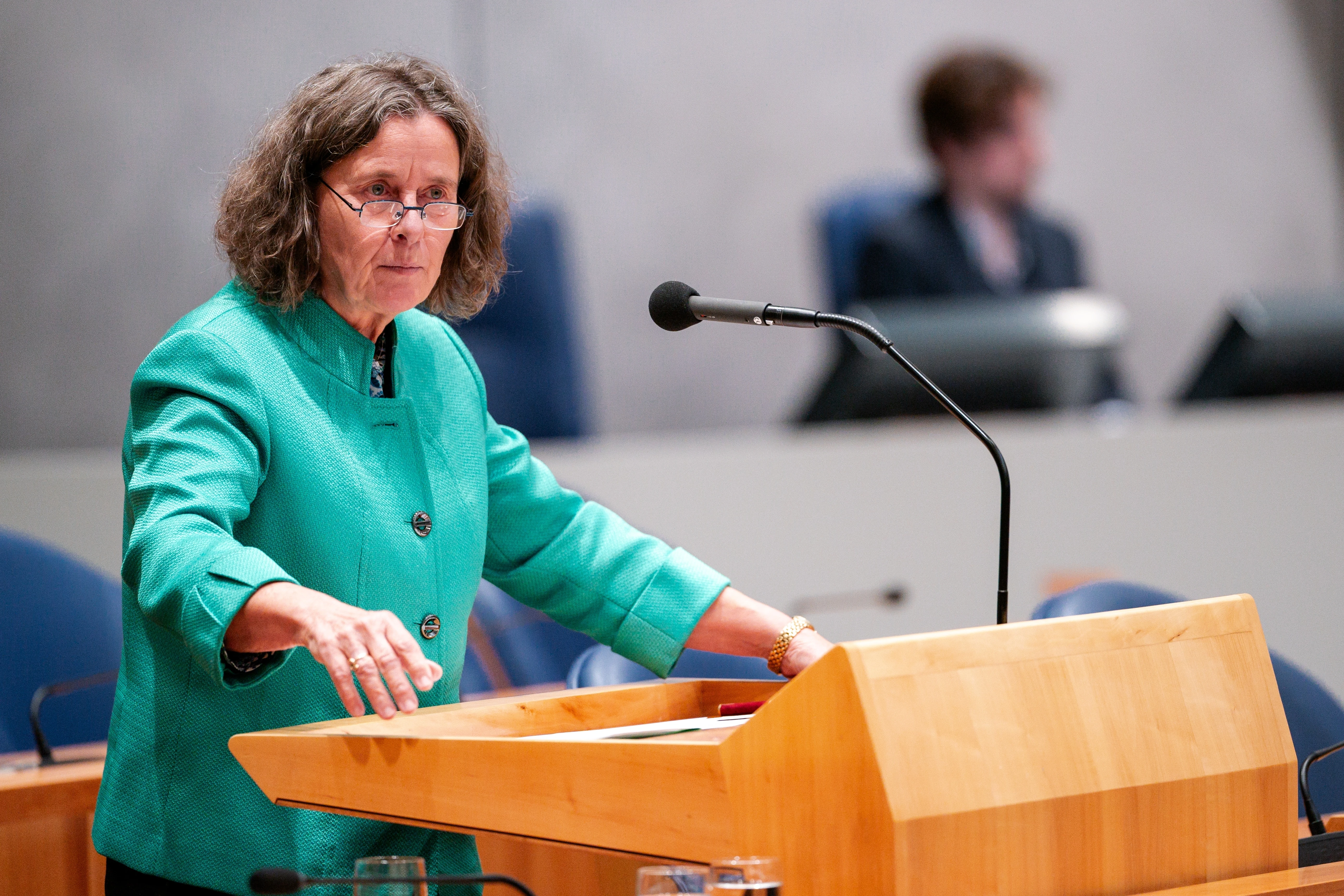
The government is not declaring an 'asylum crisis' after all, but is working on very strict rules for asylum
Asylum Minister Marjolein Faber wanted to declare an "asylum crisis" to quickly introduce strict asylum rules. The government has now decided not to do so as there was not enough support for it. However, other strict asylum rules have been leaked.
The government wants a new law with strict rules
The government, with the parties PVV, VVD, BBB and NSC, wants to introduce a new law. This law is called the "asylum emergency measures act". The House of Representatives and the Senate have yet to approve the law. If the law is approved, there will be strict rules for asylum. The plans were due to be announced on Friday, 25 October 2024, but were leaked yesterday to the
The leaders of the 4 parties have yet to officially sign off on the plans. PVV and NSC previously disagreed. After negotiations, they now agree on the plans together. VVD and BBB are also expected to agree soon.
These are the main plans
The government has announced several strict rules. These rules will not go into effect until the House of Representatives and the Senate approve them. Below are 3 important changes:
1. Shorter asylum residence permits and no more permanent residence permits
The validity of an asylum residence permit will go from 5 to 3 years if it is up to the government. After these 3 years, according to the new plans, you would no longer be able to get a permanent residence permit. The
2. Withdrawal of the Distribution Act and no more houses for people with asylum residence permits
The government wants to withdraw the Distribution Act. This law was there precisely to properly regulate the reception of people applying for asylum in the Netherlands. If the law is withdrawn, municipalities will no longer be obliged to arrange enough places in reception centre. This will make the shortage of places in reception centres even worse. Also, the government no longer requires municipalities to arrange houses for people with residence permits, making it more difficult to find housing.
3. Consider Syria partially safe, making it harder for Syrians to be granted asylum
The government wants to consider some parts of Syria safe. This means the IND may reject applications from people from these areas more quickly under the plans. It may also mean that Syrians from those areas will have to return more quickly. However, all applications will still be assessed individually. If you can prove that you are in danger, a residence permit can still be given. So it is not the case that you can no longer get asylum in the Netherlands because of this rule.
In addition, the government plans border controls and wants countries through which asylum seekers travel to be responsible for their applications. There is also a proposal to reduce the number of refugees accepted into the Netherlands from other countries, make illegality a criminal offense and make family reunification with adult children and unmarried partners impossible.
This is how the political process works from now on
Before the rules can be implemented, they must be approved by the House of Representatives. There is a good chance that the rules will be passed because the ruling parties have a majority there. After that, the law goes to the Senate. There, the ruling parties do not have a majority. There, there is a greater chance that the law will still be rejected.
So the laws and rules mentioned in this article are not yet in place. In fact, it is also important that the new rules be legal. Experts doubt whether the proposed measures are legal. Therefore, it is still uncertain whether the courts will reject the plans after implementation. Thus, the future of asylum regulation is still unclear.
RefugeeHelp follows the latest developments and will inform you as soon as new information is available.